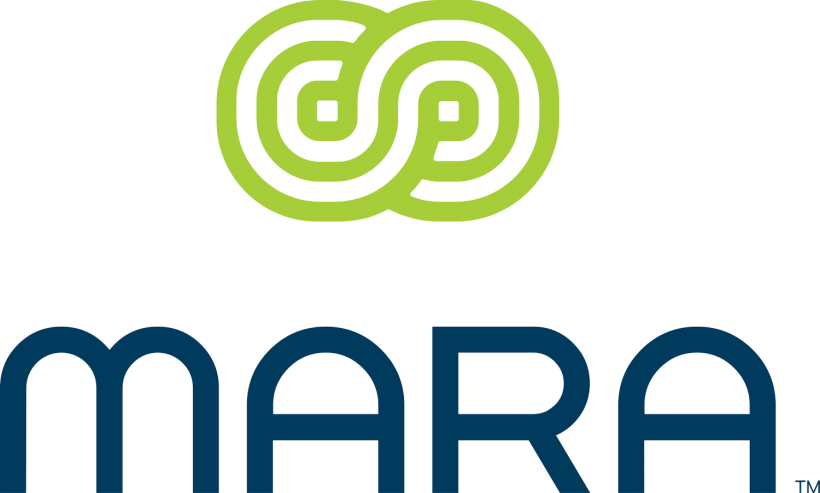Mara Renewables, the Halifax company that produces omega-3 products from algae, has raised US$9.1 million (C$12.6 million) from S2G Investments to expand its production, sales and R&D capacity.
The company issued a press release last week announcing the funding – the company’s first funding announcement since it raised $39.5 million in 2022. It said the latest investment would support Mara’s expansion of its sustainable omega‑3 platform, deepen R&D capacity, and further scale its ability to address critical gaps across global nutrition supply chains.
Founded in 2012, Mara was originally the brainchild of Clearwater Seafoods co-founder John Risley. It produces food ingredients from algae that are rich in Omega-3 fatty acids, the oily substance found in salmon that benefits the heart.
“In our view, Mara is solving a fundamental supply chain challenge with precision and scale,” said Larsen Mettler, Managing Director of S2G’s oceans strategy. “They have built an end-to-end platform that delivers consistent, clean, and high-quality omega-3s without relying on depleted fisheries.”
The funding round deepens S2G Investments’ relationship with Atlantic Canadian companies. The Chicago-based venture capital firm, which specializes in food, agriculture and oceans sectors, already invests in Dartmouth-based ReelData as well as Irish marine robotics company XOCEAN, which maintains an office in Dartmouth.
The other interesting aspect of the funding is it further demonstrates the importance of life sciences companies in the race for venture capital this year. Though we recently highlighted the drop in life sciences equity funding in the past two years, the sector has led funding from private markets this year in Atlantic Canada. Halifax-based Sound Blade Medical has raised US$16.5 million and Dispersa, a Quebec natural products company with a development team in Sydney, closed a $5.8 million funding round.
The cornerstone of Mara’s business is the demand for Omega‑3 DHA, a vital nutritional lipid that plays a key role in maintaining overall health. Though it has been scientifically proven to support cognitive function, vision, cardiovascular performance, and prenatal development, 85 percent of the global population remains deficient in omega‑3, the company said.
Conventional omega‑3 production relies on a long food chain, with fish eating zooplankton, which has consumed microalgae. But Mara offers a fish-free alternative that avoids reliance on vulnerable marine ecosystems and goes straight to the original source: microalgae, it stated..
The company uses a patented process of precision fermentation and other techniques that enable microalgae to grow efficiently in controlled environments. This ensures a reliable, high-quality supply of omega‑3, while providing a sustainable solution that alleviates pressure on marine ecosystems, the company said.
In 2024, Mara supplied enough algal DHA to offset an estimated 6.7 billion anchovies from the supply chain.
“At Mara, we are committed to transforming the way the world sources vital nutrients like omega-3s,” said Mara CEO Harry Boot in the statement. “Our partnership with S2G strengthens our ability to meet growing global demand with reliable, high-quality alternatives that protect aquatic ecosystems, reduce reliance on wild fisheries, and support the health of people and animals alike.”










